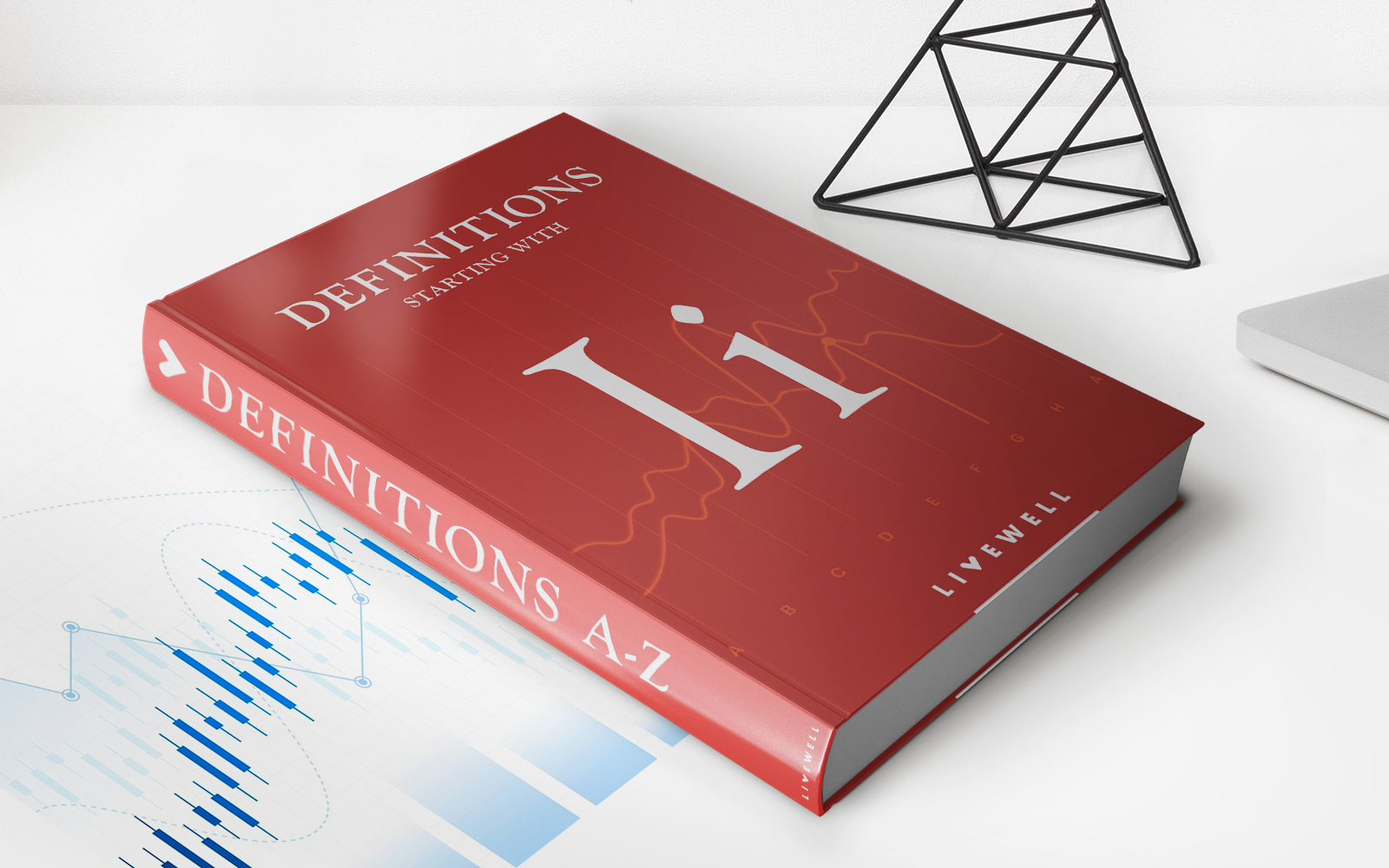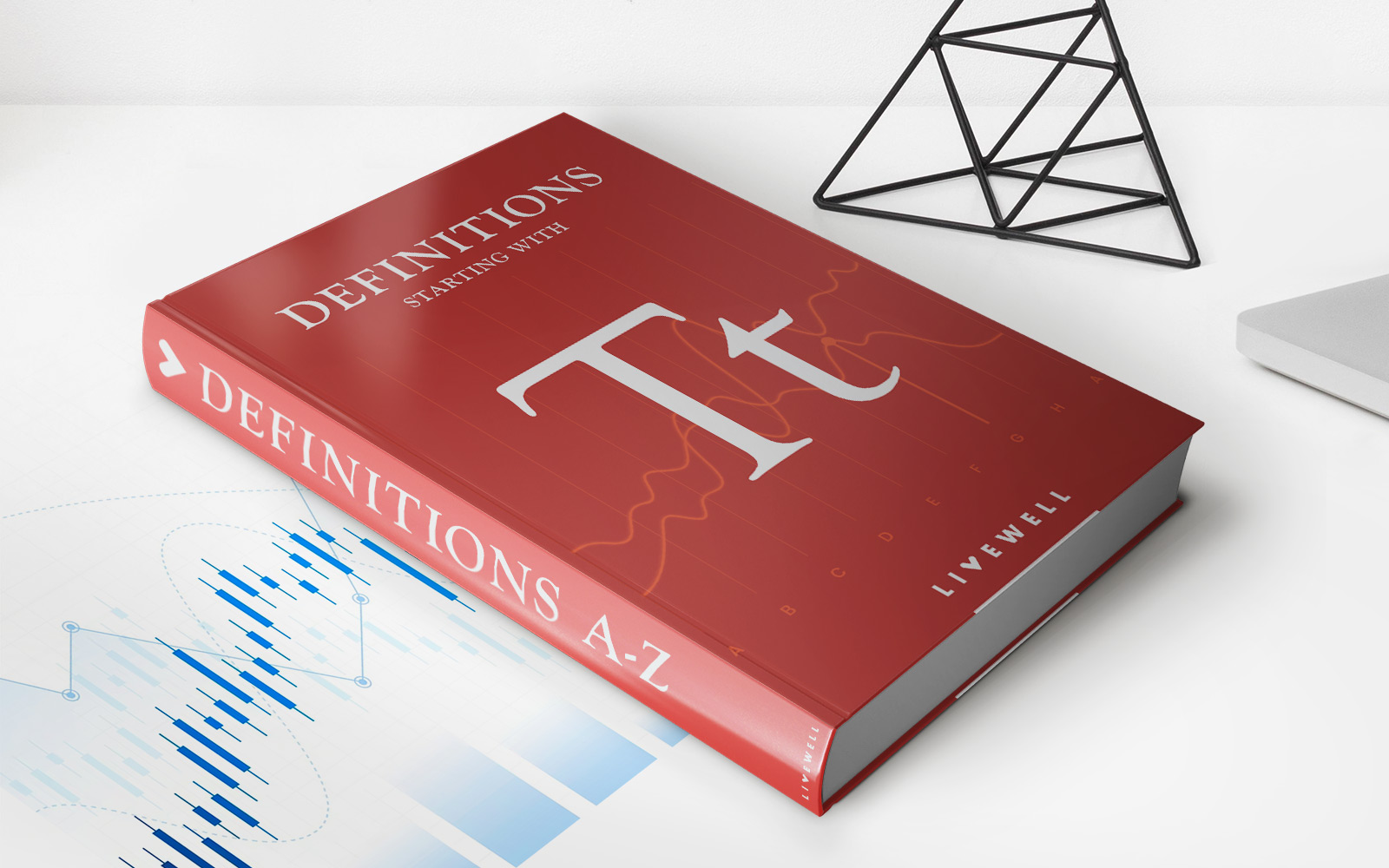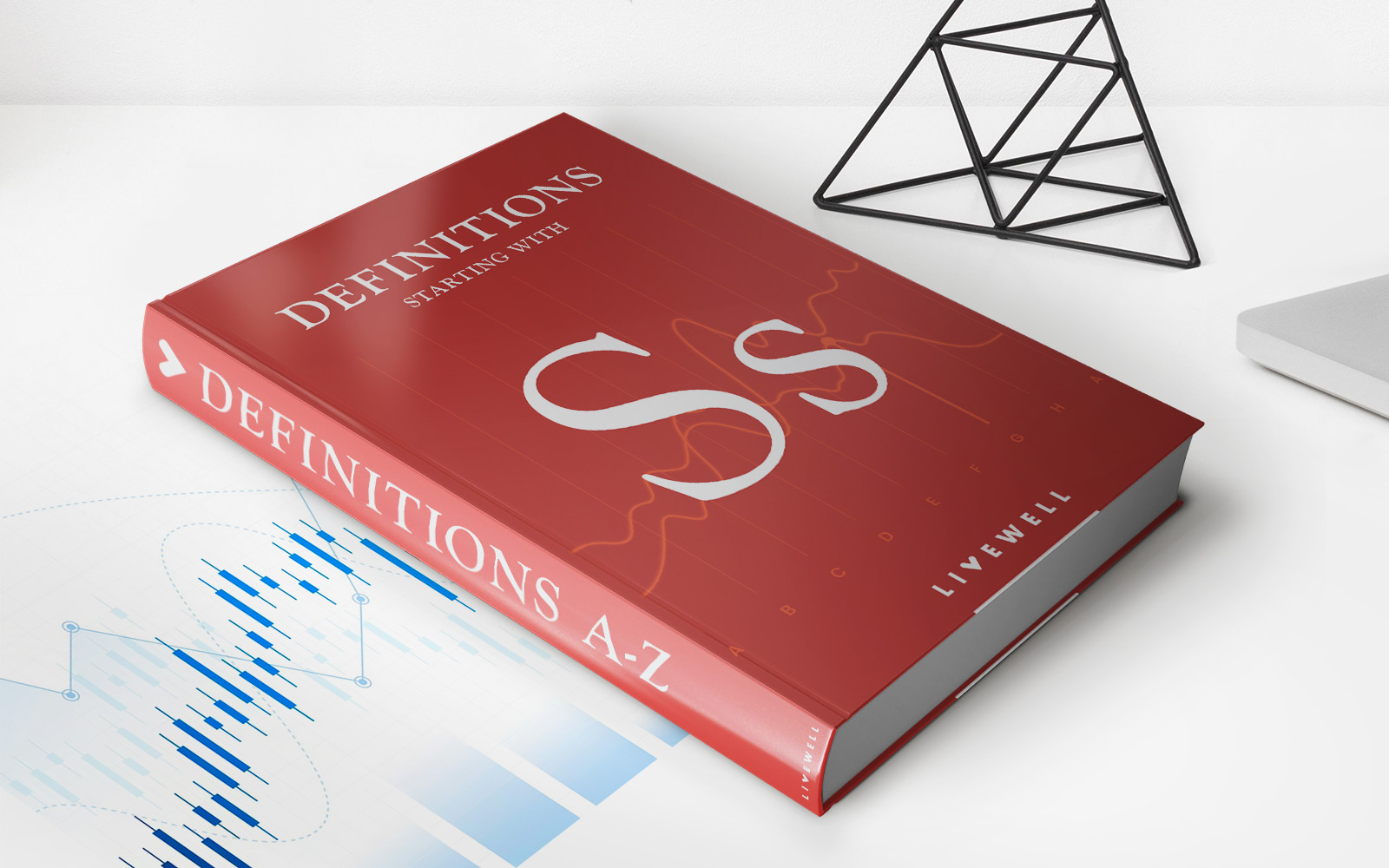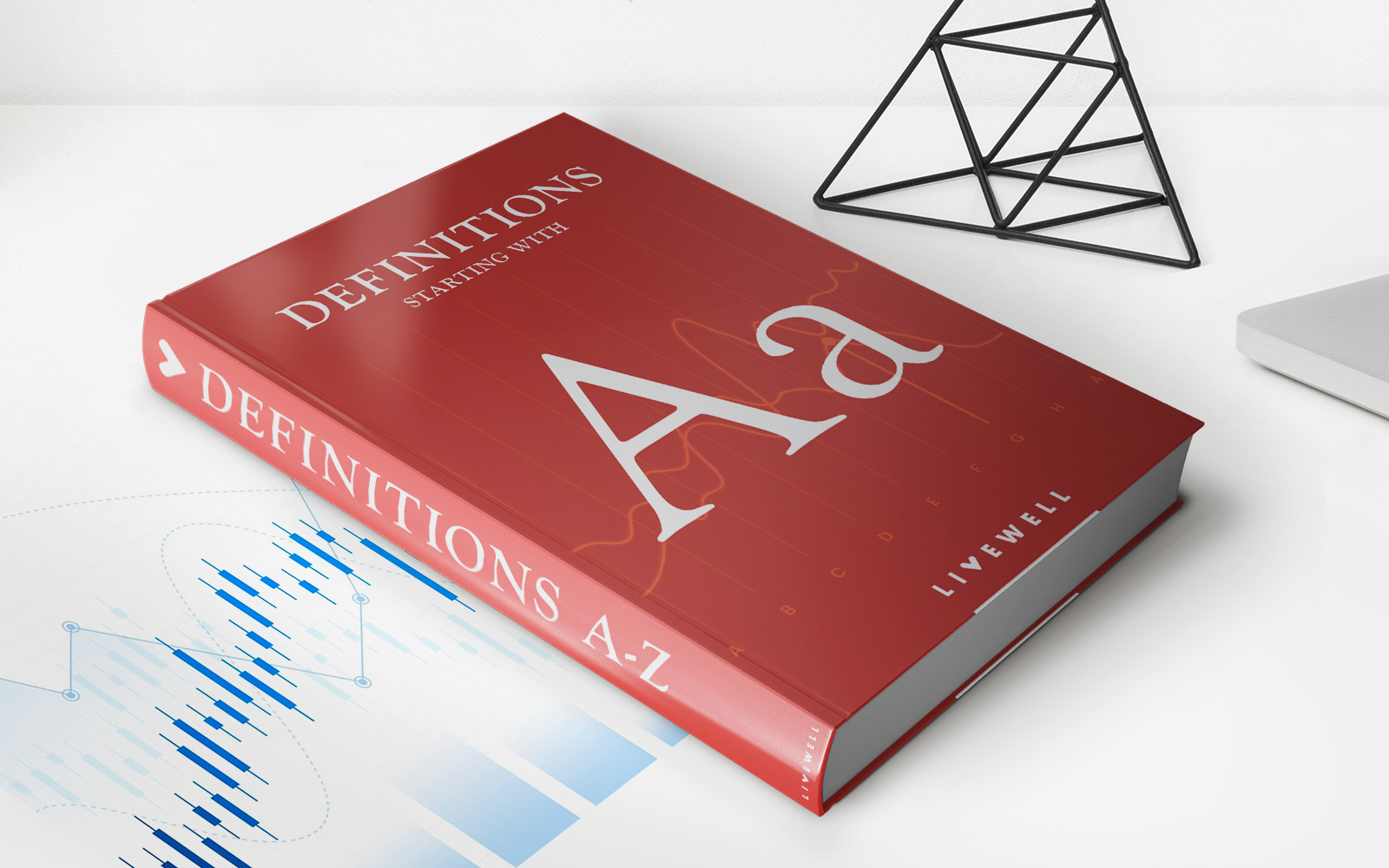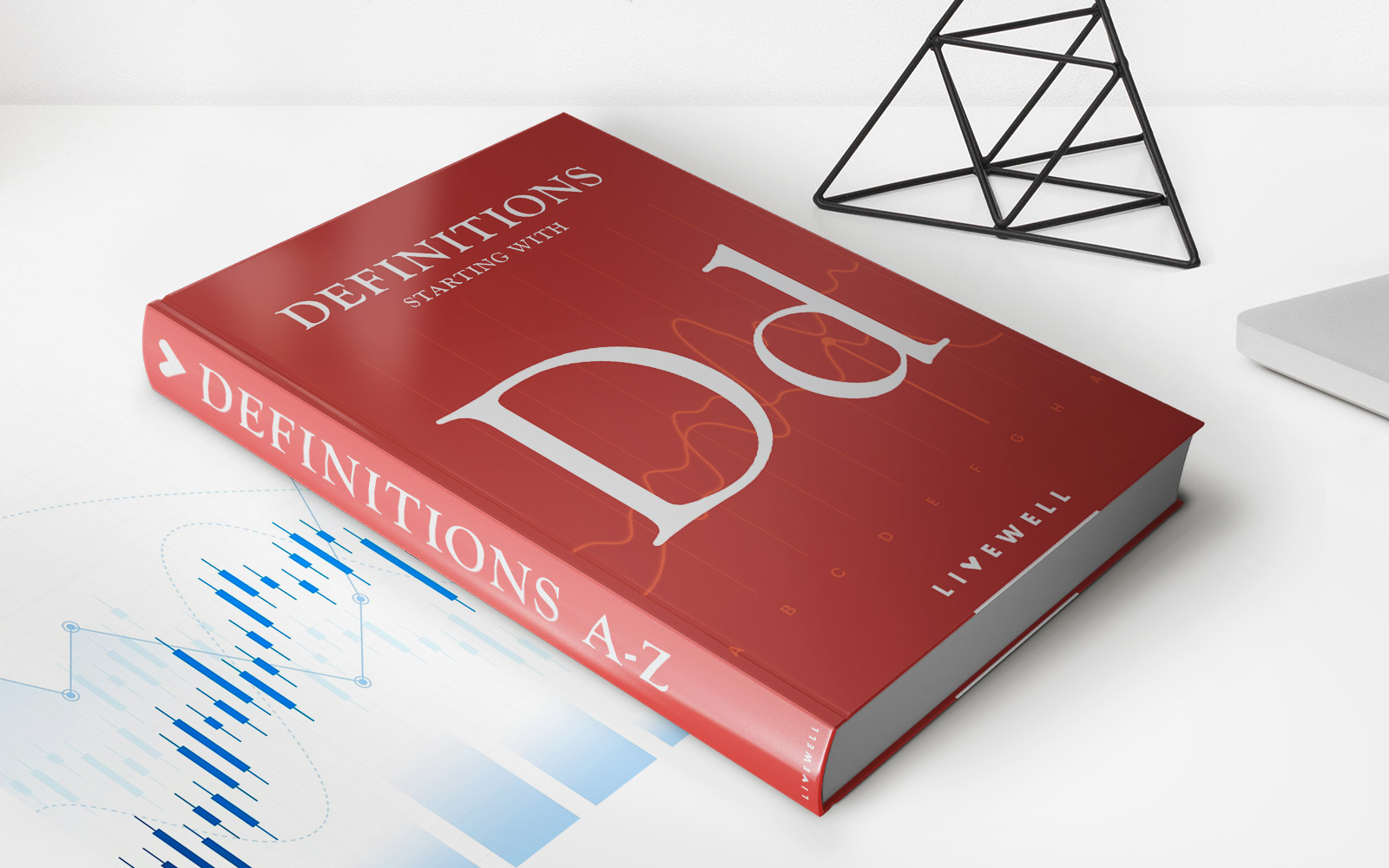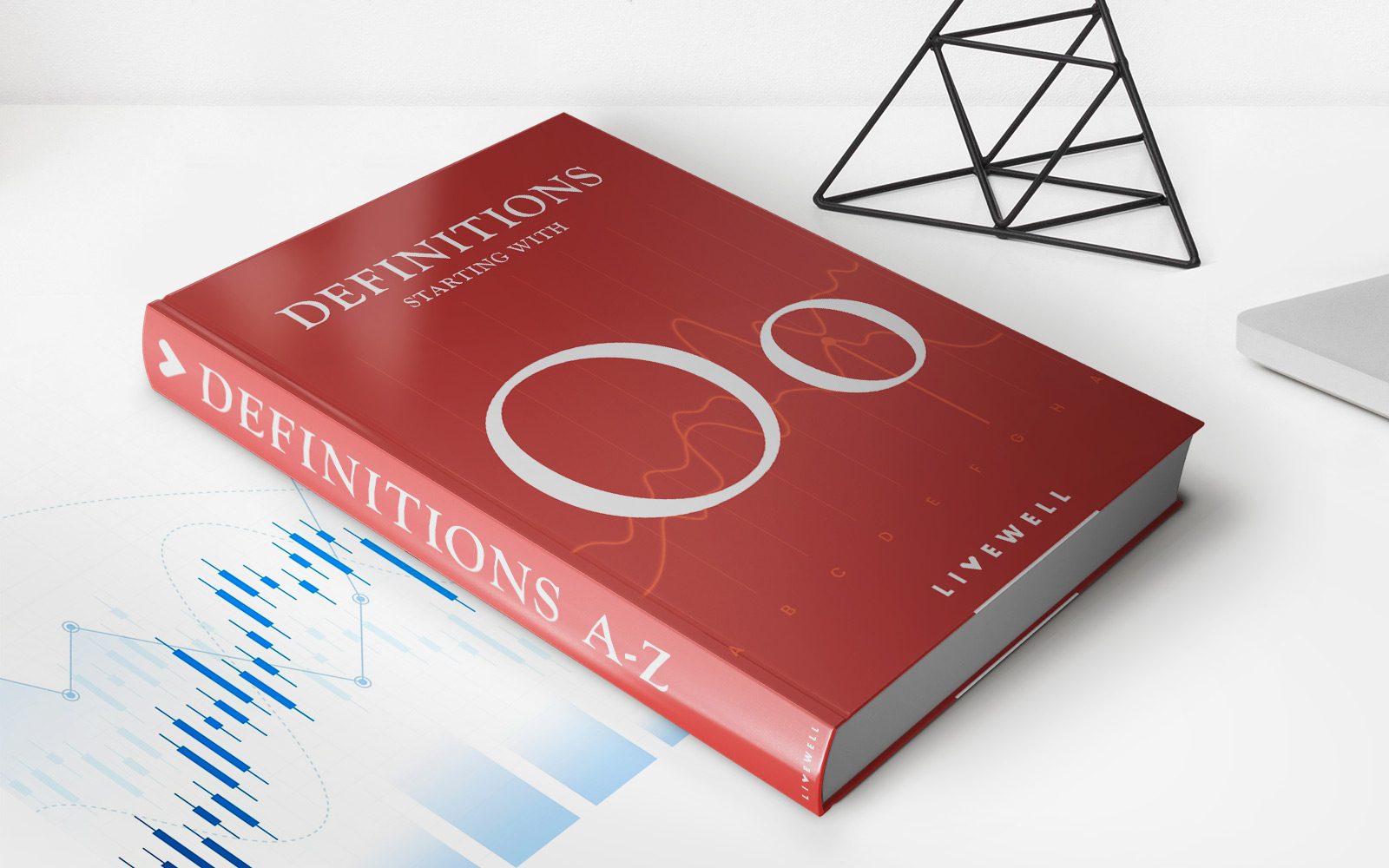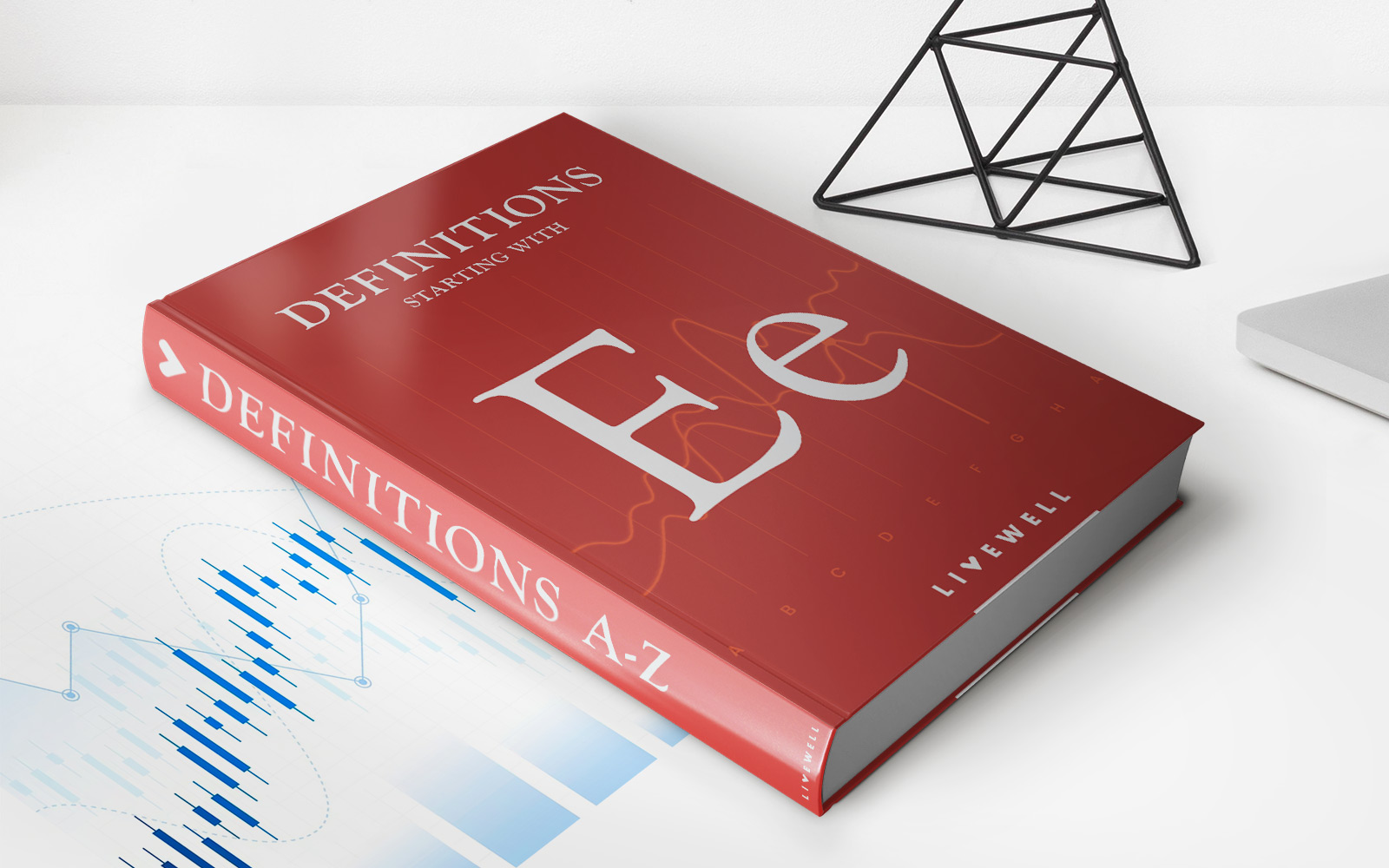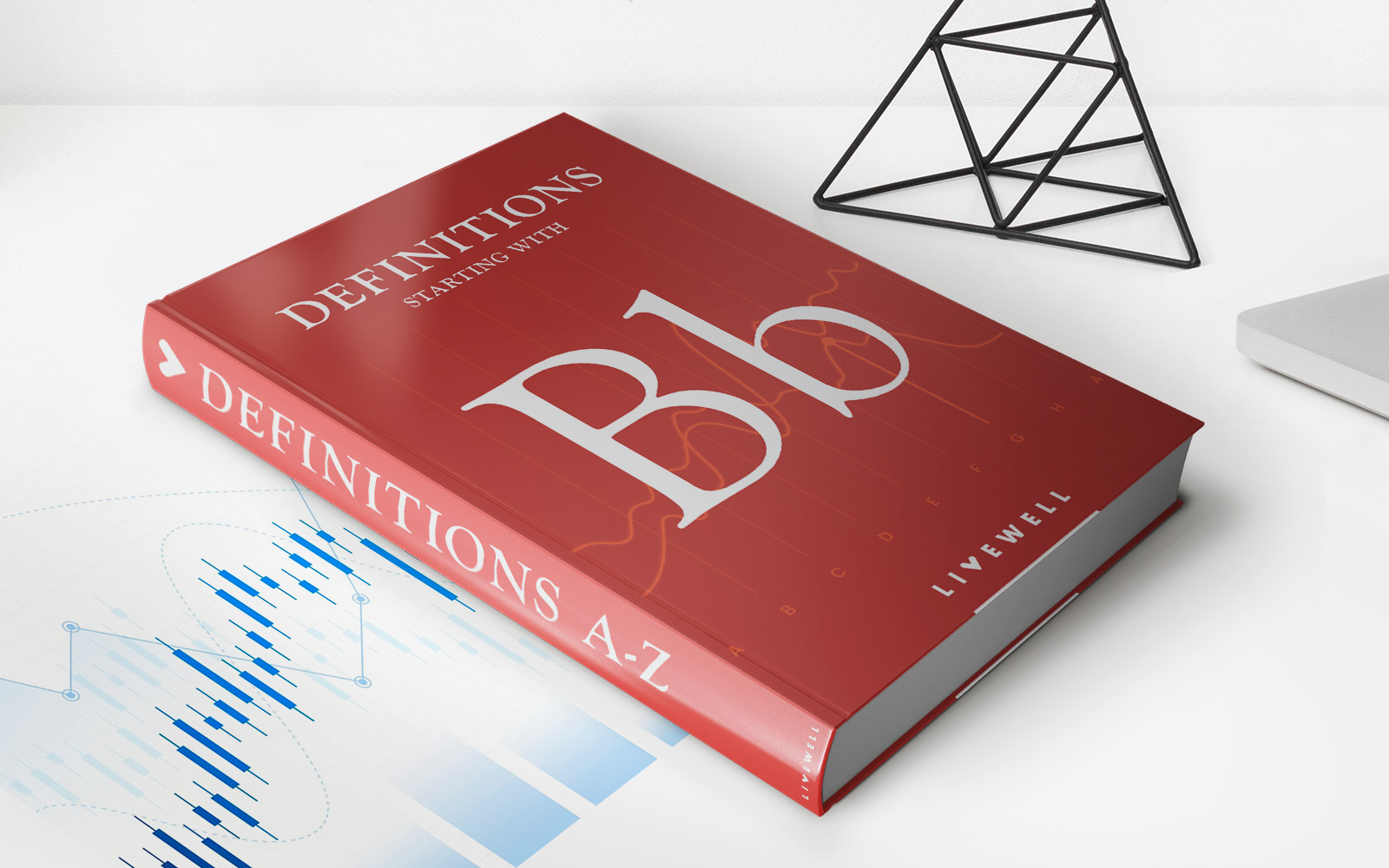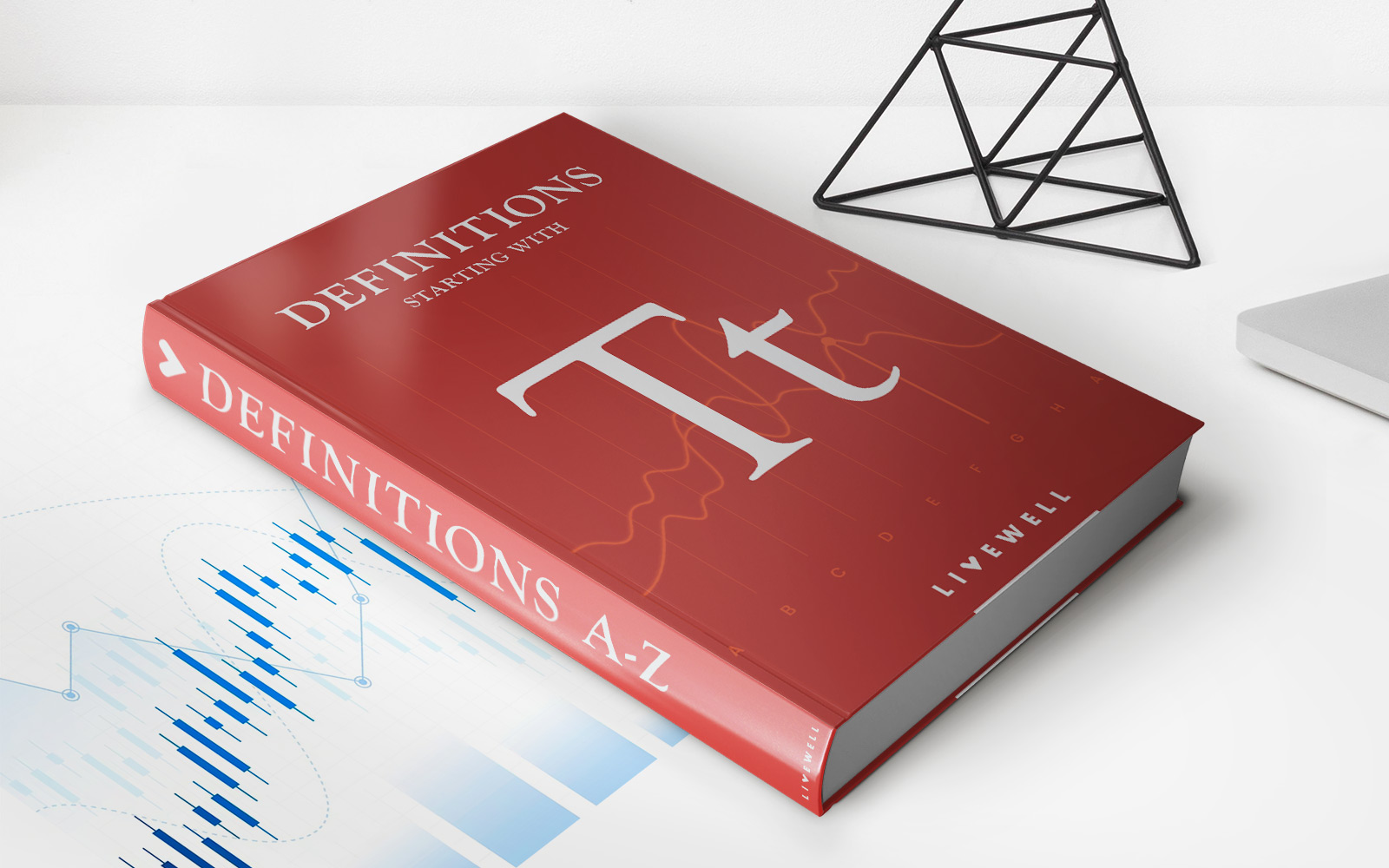Home>Finance>Quota Share Treaty: Definition, How It Works, Examples
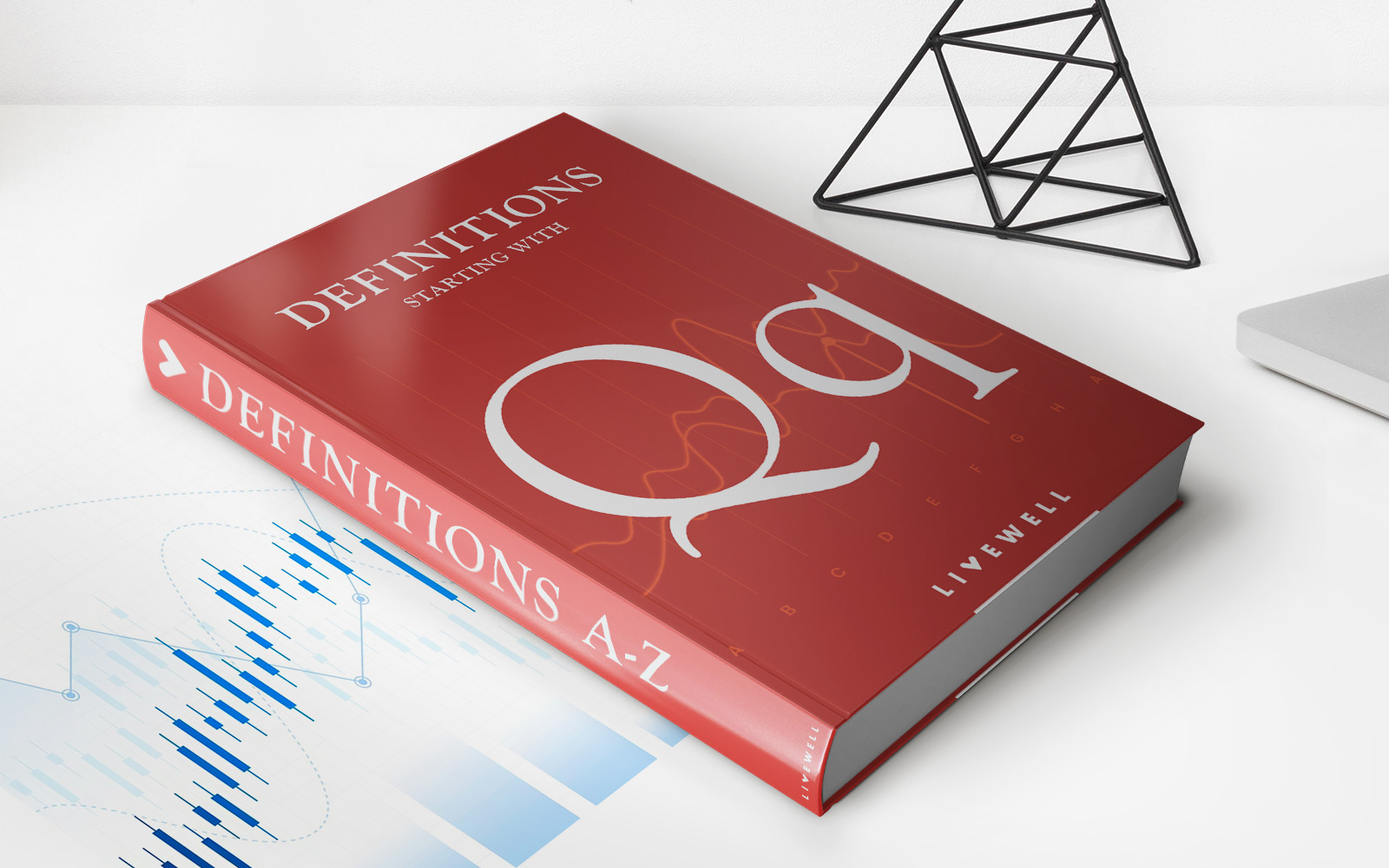

Finance
Quota Share Treaty: Definition, How It Works, Examples
Published: January 15, 2024
Learn about the definition and workings of a Quota Share Treaty in finance, along with examples of its application.
(Many of the links in this article redirect to a specific reviewed product. Your purchase of these products through affiliate links helps to generate commission for LiveWell, at no extra cost. Learn more)
The Quota Share Treaty: A Guide to Understanding and Maximizing Your Finances
Are you looking to make smart financial decisions that can help you safeguard and grow your wealth? One important concept to consider is the Quota Share Treaty. In this blog post, we’ll dive into the definition, how it works, and provide you with some real-life examples. By the end of this article, you’ll have a clear understanding of this financial tool and how it can benefit you. So, let’s get started!
Key Takeaways:
- The Quota Share Treaty is a form of reinsurance where the ceding company transfers a fixed percentage of its risk to a reinsurer.
- It allows insurance companies to diversify their risk and reduce exposure to catastrophic events.
Understanding the Quota Share Treaty
At its core, the Quota Share Treaty is a type of reinsurance agreement where an insurance company transfers a portion of its risk to a reinsurer. The ceding company, usually an insurer, transfers a fixed percentage of all its policies or premiums to the reinsurer. In return, the reinsurer assumes responsibility for a proportionate share of the risks associated with those policies.
This type of treaty is beneficial for insurance companies as it allows them to reduce their exposure to catastrophic events and diversify their risk. By sharing a portion of the risk with a reinsurer, the insurer can protect its financial stability and ensure it has the necessary resources to cover any potential claims.
For example, let’s say an insurance company enters into a Quota Share Treaty with a reinsurer for a 50% quota share. This means that the reinsurer will assume 50% of the risk associated with the policies written by the insurance company. If a claim is made, both the insurer and reinsurer will be responsible for paying out their respective shares.
How Does the Quota Share Treaty Work?
The Quota Share Treaty operates on a proportional basis, meaning that the insurer and reinsurer share premiums, losses, and expenses at a predetermined percentage. This percentage is usually based on the insurer’s risk appetite and the terms negotiated with the reinsurer.
Here’s a step-by-step breakdown of how the Quota Share Treaty works:
- The insurer identifies the risks it wants to transfer to a reinsurer and determines the percentage to be ceded.
- The insurer and reinsurer negotiate the terms of the agreement, including the premium sharing ratio, claims handling procedures, and the period of the treaty.
- Once the agreement is in place, the insurer starts ceding a portion of its premiums to the reinsurer.
- If a policyholder makes a claim, the insurer and reinsurer share the responsibility for paying out the claim based on their agreed-upon shares.
- At the end of each accounting period, the insurer and reinsurer reconcile their accounts to settle any outstanding amounts.
The Quota Share Treaty is just one of many reinsurance options available to insurance companies. It allows them to manage their risk effectively, ensure their financial stability, and navigate uncertain market conditions.
Real-Life Examples of Quota Share Treaties
Quota Share Treaties are commonly used in the insurance industry, and many real-life examples illustrate their importance. Here are a few instances where this reinsurance agreement proved beneficial:
- In regions prone to natural disasters, such as hurricanes or earthquakes, insurers often enter into Quota Share Treaties to mitigate their exposure to such catastrophic events. By sharing the risk, they can ensure they have sufficient funds to cover potential claims in these high-risk areas.
- Insurance companies providing coverage for large commercial projects, like skyscrapers or infrastructure construction, may resort to Quota Share Treaties. This enables them to spread out the risk and prevent substantial claims from impacting their financial stability.
- Companies entering new markets where there may be uncertainties around regulatory environments or customer behavior may choose to use Quota Share Treaties to protect their balance sheets and minimize the potential financial impact.
These examples highlight how the Quota Share Treaty plays a crucial role in managing risk and safeguarding financial stability for insurance companies.
In Conclusion
The Quota Share Treaty is a powerful financial tool that allows insurance companies to diversify their risks and protect their financial stability. By sharing a fixed percentage of their policies or premiums with reinsurers, insurers can navigate uncertain market conditions and ensure they have the necessary funds to cover potential claims.
Understanding the Quota Share Treaty empowers individuals and organizations to make informed financial decisions. Whether you’re an insurance professional, a business owner, or an individual wanting to protect your assets, recognizing the value of reinsurance agreements like the Quota Share Treaty can help you safeguard and maximize your finances.
